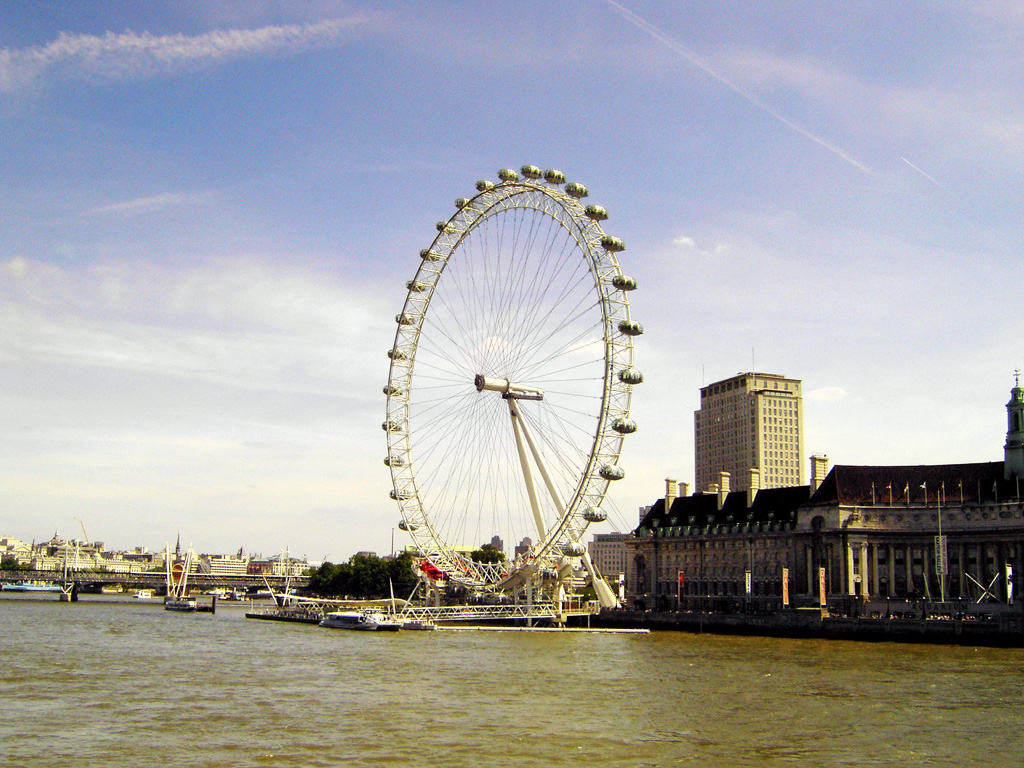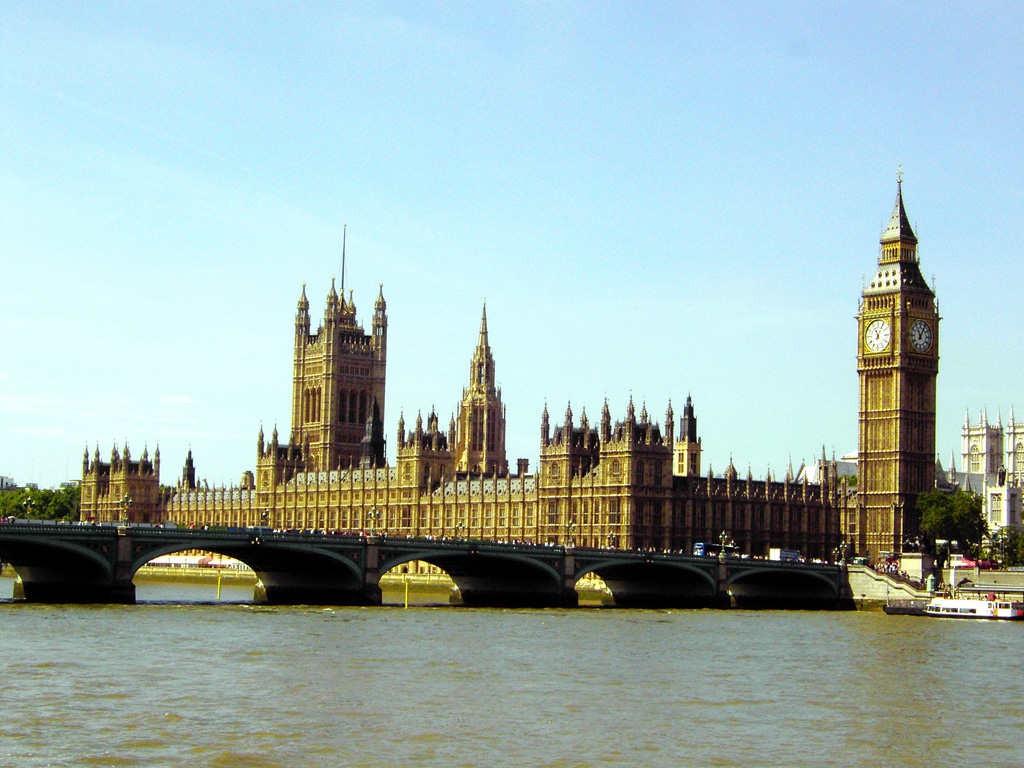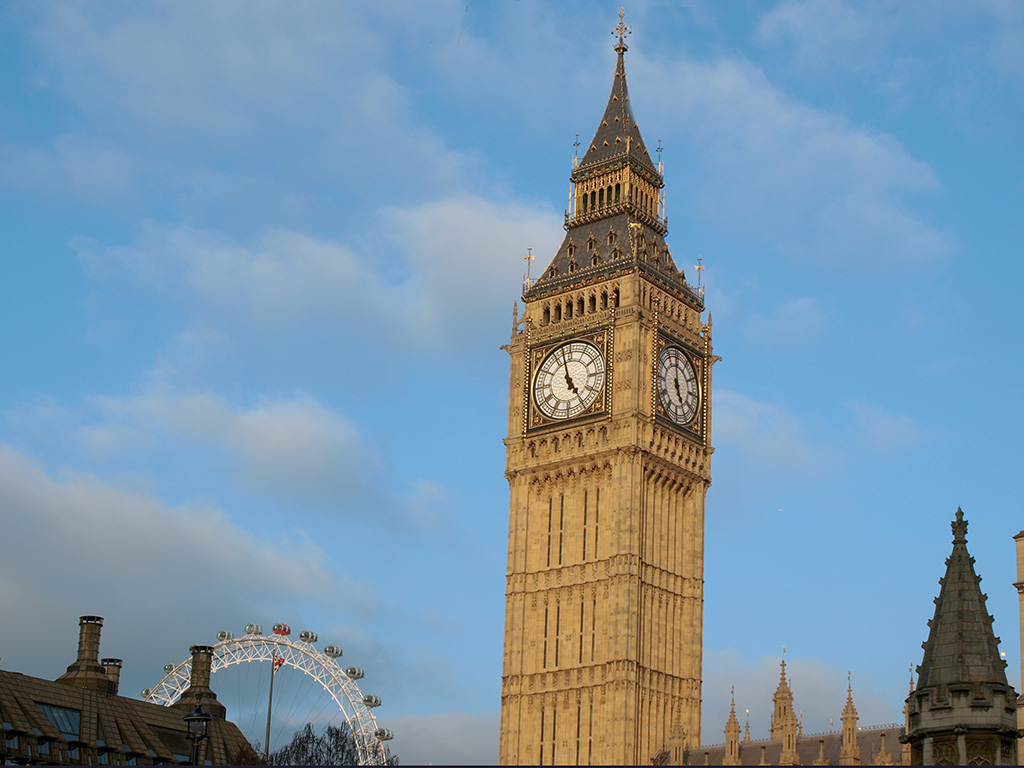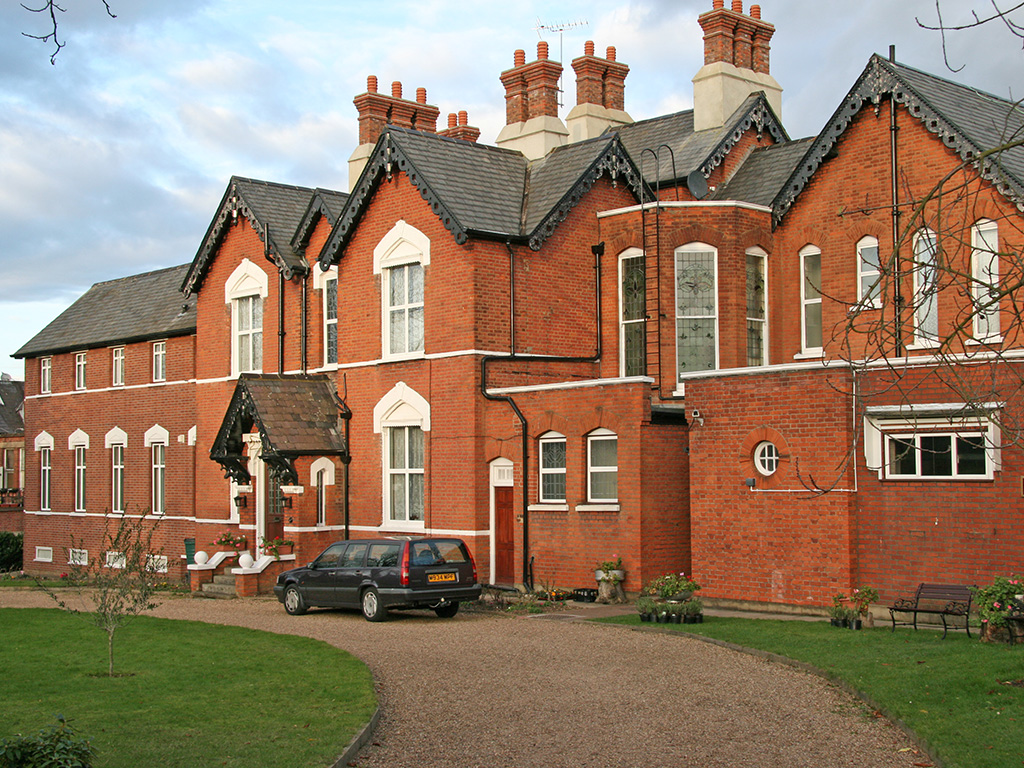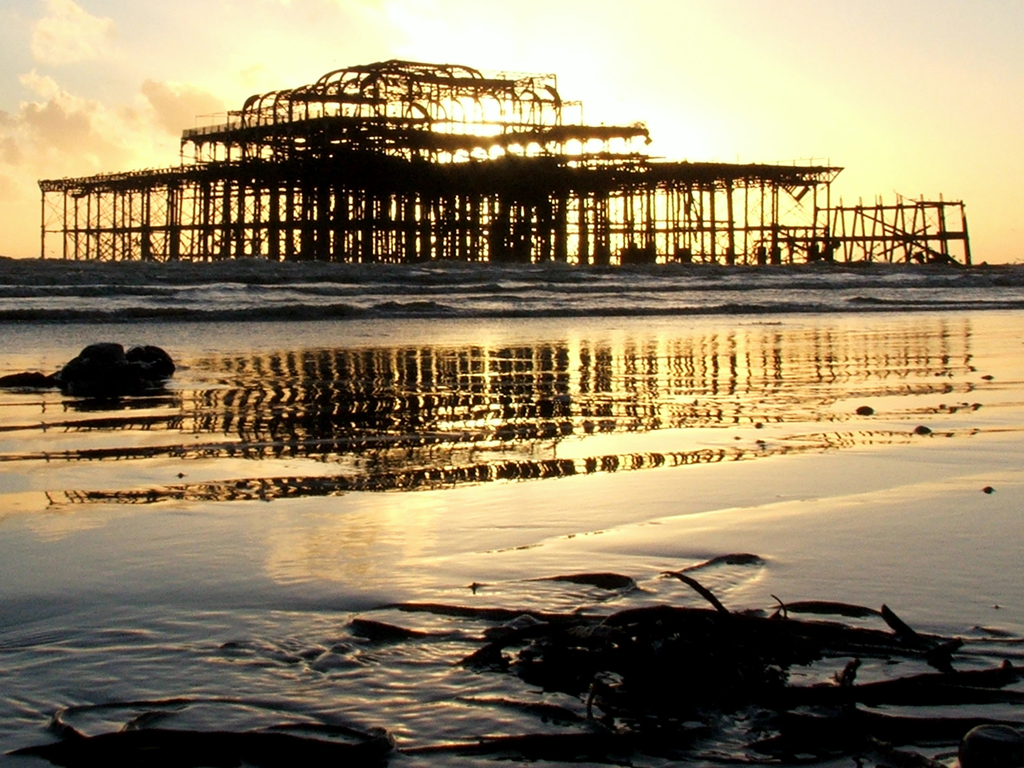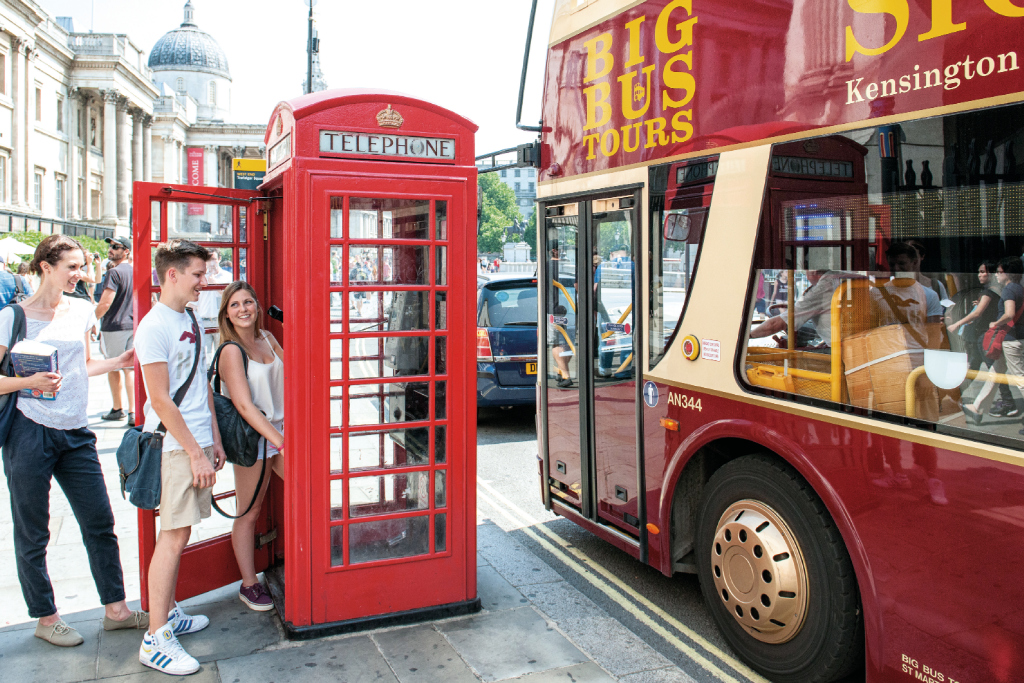💸 Enjoy incredible discounts and benefits, including Christmas vouchers 🎅🎁 Start saving now! 💰
Travel guide for England
The British are unmistakably recognisable with their politeness, 5pm afternoon tea, black humor, and left-side driving. These peculiarities are what make them lovable. Their eccentric nature, as well as exciting nightlife and art scene are already reason enough to visit the island.
The United Kingdom of Great Britain and Northern Ireland (UK) is the largest island state in Europe and it is made up by England, Wales, Scotland, Northern Ireland and the surrounding British Isles. With about 67 million inhabitants, the United Kingdom is one of the most populated countries in Europe.
The largest cities in the UK include the capital London and the metropolises Birmingham, Glasgow, Liverpool, Manchester and Bristol. On the island you can admire a total of 31 UNESCO World Heritage Sites, World Cultural Heritage Sites, World Natural Heritage Sites and a mixed cultural and natural heritage sites. UNESCO World Heritage Sites include the Palace of Westminster, Westminster Abbey and Saint Margaret's Church, Stonehenge, Avebury and the Tower of London.
Geography
Time zone
Climate and seasons
Climate chart (London)
| January | February | March | April | May | June | July | August | September | October | November | December | |
|---|---|---|---|---|---|---|---|---|---|---|---|---|
|
|
8 | 8 | 10 | 14 | 16 | 19 | 22 | 20 | 18 | 16 | 12 | 11 |
|
|
-1 | 1 | 2 | 5 | 9 | 12 | 14 | 14 | 12 | 8 | 3 | -1 |
|
|
3 | 1 | 3 | 4 | 3 | 3 | 2 | 3 | 4 | 3 | 2 | 2 |
|
|
5 | 5 | 7 | 7 | 18 | 22 | 20 | 11 | 5 | 3 | 10 | 5 |
Requirements for entering England
- Due to new Brexit regulations, from 01 October 2021 you will need a passport valid for atleast 6 months to enter the UK. Before that date, travelling with an identity card is still allowed.
- For non-EU travellers, please refer to the specific rules of your country.
- Citizens with other nationalities may need a visa to stay in the UK. We recommend applying early as the processing time can be long. You can check if you need a visa here.
- European air passenger rights no longer apply, except for flights from the EU to the UK or from the UK to the EU with a European airline. The UK's new air passenger rights are however similar.
- Check with your health insurance provider to see what medical expenses are covered and think about getting an international health insurance for what is not covered.
- There may be higher roaming charges when browsing the web with your phone. However, many well-known mobile phone providers refrain from this and surfing the Internet will remain free of charge even after Brexit. It is best to check with your mobile provider before your trip.
Currency
The design of pound bills has been subject to regular change since the first banknotes were issued in 1694.
With a currency converter, you can easily convert what the current conversion rate between your currency and pounds is.
Health care
Packing list
Religion
Politics
Formally, the United Kingdom is a constitutional monarchy with the monarch as the current head of state. They are also the official head of state of the 15 countries of the Commonwealth, a large part of which are former British colonies that have become independent states.
Theoretically, the monarch can depose the government at any time, though this has not been done for centuries. Since the royal family tends to stay in the background, many refer to the United Kingdom as having a parliamentary system of government in the form of a parliamentary monarchy. Parliament consists of the House of Lords (upper house) and the House of Commons (lower house). The head of government is the Prime Minister. The Prime Minister selects the Cabinet and its members, who are then formally appointed by the monarch to form The Majesty's Government.
Local language and communication
However, Wales, Scotland, and Northern Ireland have their own officially recognized languages, which are, respectively Welsh, Scottish Gaelic, and Irish and Ulster Scots in Northern Ireland. Cornish (around Cornwall) and Scots (Scotland) are also spoken. Some of these languages are recognized as minority languages by the European Charter and are therefore protected.
Local dialects are also plentiful in the UK although they don't hold official status. Perhaps the best known dialect among them is the Cockney dialect, spoken in London. Cockney became famous because of George Bernhard Shaw's novel Pygmailion and the film adaptation My Fair Lady, in which the linguist Henry Higgins teaches the simple flower girl Eliza Doolittle to speak the finest English.
Public transport
History
This was followed by the immigration of Germanic peoples such as Angles, Saxons and Jutes, who then created Anglo-Saxon kingdoms in the seventh century. After that, mainly Danish Vikings came to England and took over the military rule. In the eleventh century, William the Conqueror and his Norman army reached the south coast of England and conquered the country.
The next centuries were characterised by frequent wars and conflicts, such as the Hundred Years' War with France, conflicts between heirs to the throne, and the war between the Church and the Crown. In the 16th century, Henry VIII's marital problems led to a break with the Roman Catholic Church and his declaration as head of the Church of England.
Important in the history of the country were England's colonisation ventures, such as the ones of the American coast as well as Canada and Australia. In the 19th century, England developed into an industrial center, with industrial cities springing up in the Midlands and driving global trade. Great Britain was the greatest power in the world during the reign of Queen Victoria (1837-1901).
In World War II, England was part of the Allies and played a major role in the victory against the Third Reich. In contrast, more and more colonies such as India, Malaysia and Kenya gained their independence.
Hardly any history fascinated the media as much as the British royal story. Numerous cinematic adaptations of the story have been created, including the Netflix series "The Crown," which deals with the life of the young Queen Elizabeth II, as well as "Reign," a series about the life of the young Mary Stewart at the French court, or the probably best-known series "The Tudors," about the scandalous monarch Henry VIII.
Festivals in England
Holidays
- The first Monday in May: Early May Bank Holiday
- May 9: Liberation Day (celebrated only in Guernsey and Jersey)
- Last Monday in May there is the Spring Bank Holiday for all
- July 5: Tynwald Day, only celebrated on the Isle of Man to celebrate the bicameral parliament of the island in 979
- July 12: the Battle of the Boyne holiday in Northern Ireland commemorates the eponymous battle on the River Boyne, in which King William III of England defeated the former King James II of the House of Stuart to conquer the island of Ireland
Food
In general, British cuisine has a reputation for being very fatty and hearty. The most famous dish is probably fish and chips, deep-fried fish with French fries. Through the Commonwealth, British cuisine received influences from all over the world. For example, a survey in 2001 found that the most popular dish among the English was chicken tikka masala, a cross-over combination of the Indian dish chicken tikka with a typically British spicy tomato sauce.
When it comes to sweet treats, cakes such as lemon cake are very common, just like crumbles, apple pie and scones. A scone is a bread-like sweet pastry often served with clotted cream and jam at tea time.
Common tourist mistakes
Don't stumble into every tourist trap. Of course you want to take a typical red double-decker bus in London, but but keep in mind that tourist buses cost around 20 pounds. However, you can also just take a public double-decker bus and have a similar experience for about 2 pounds.
In England it is common to stand on the right side of the escalator, and walk on the left.

